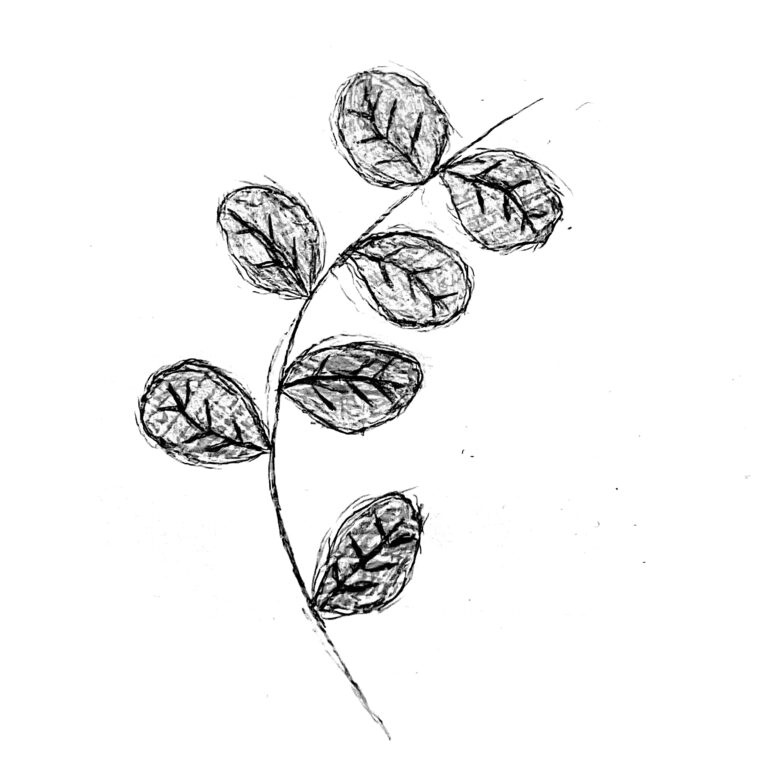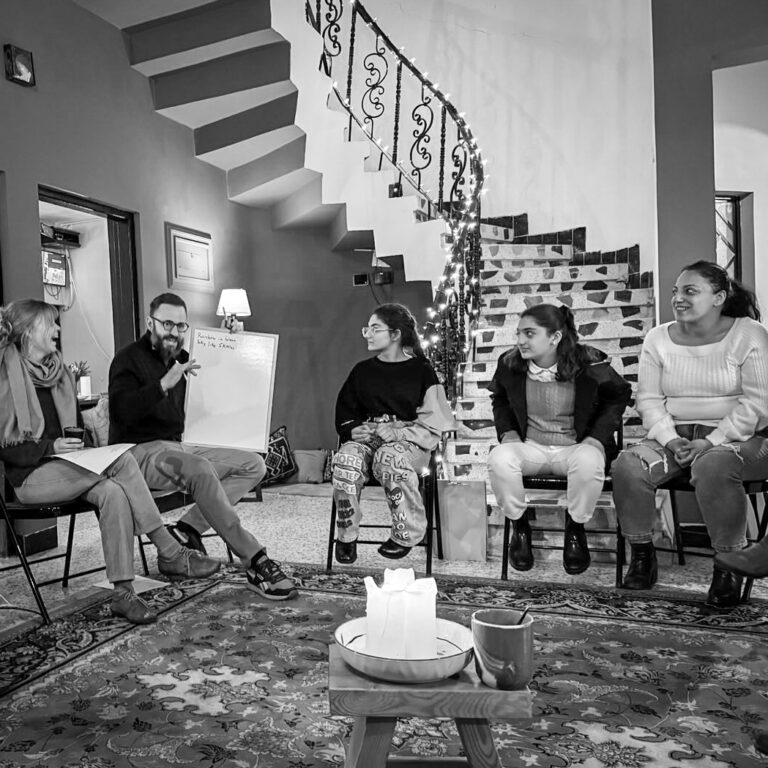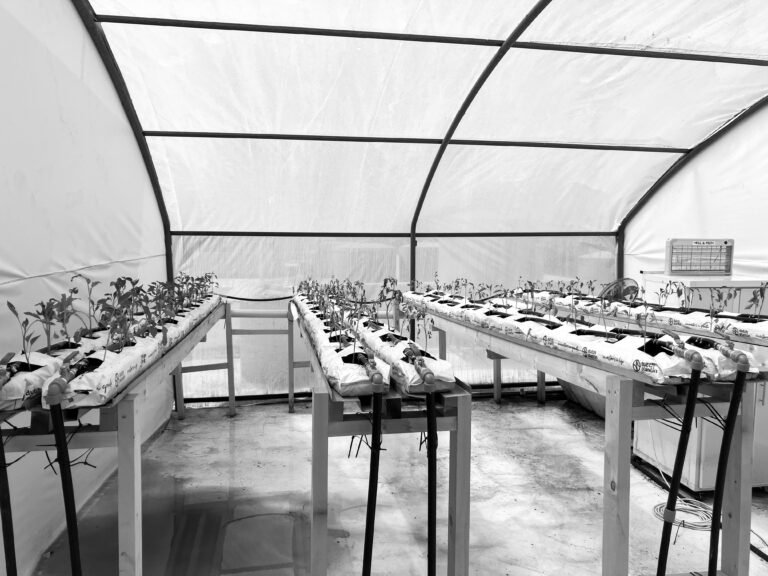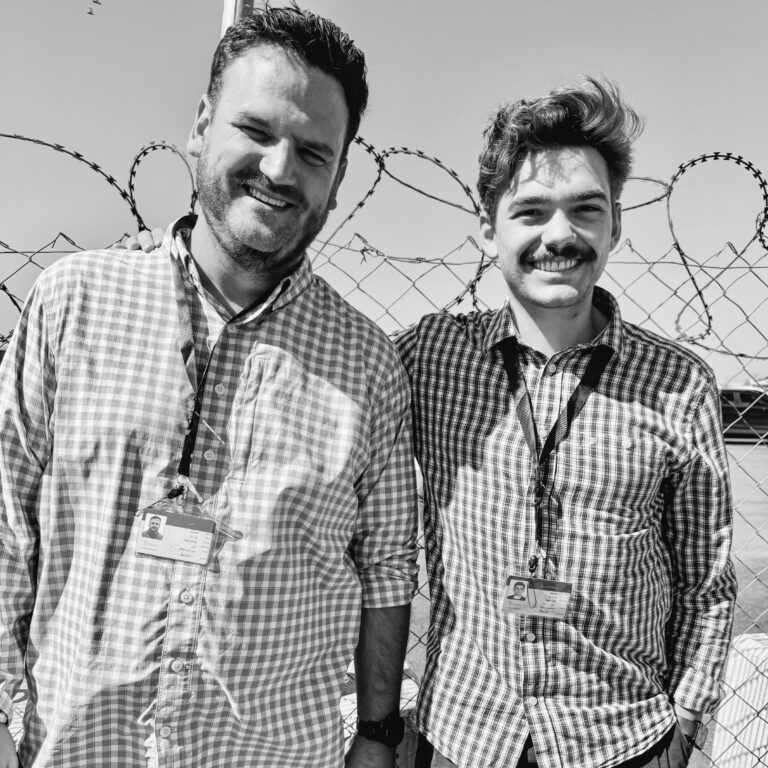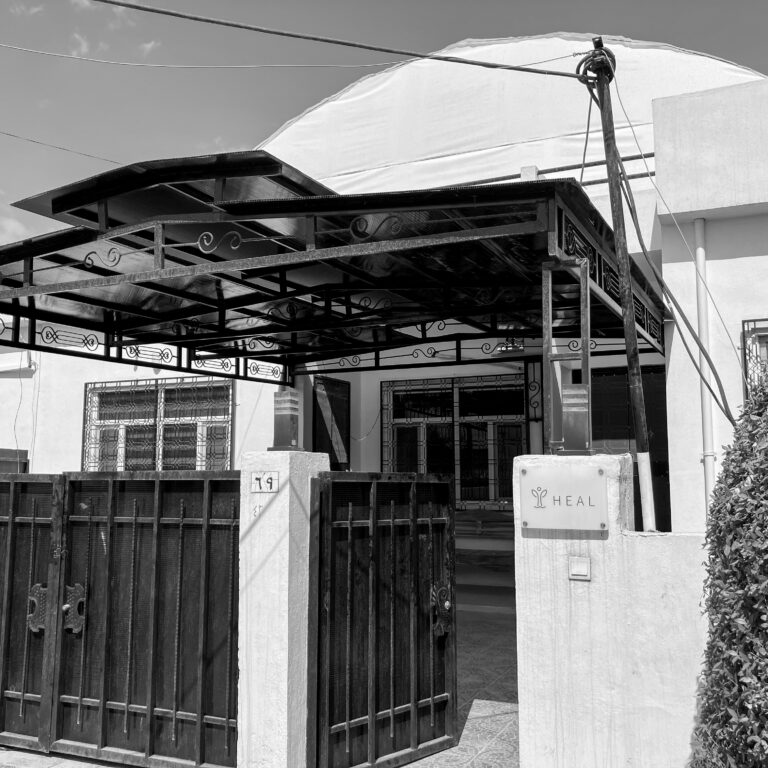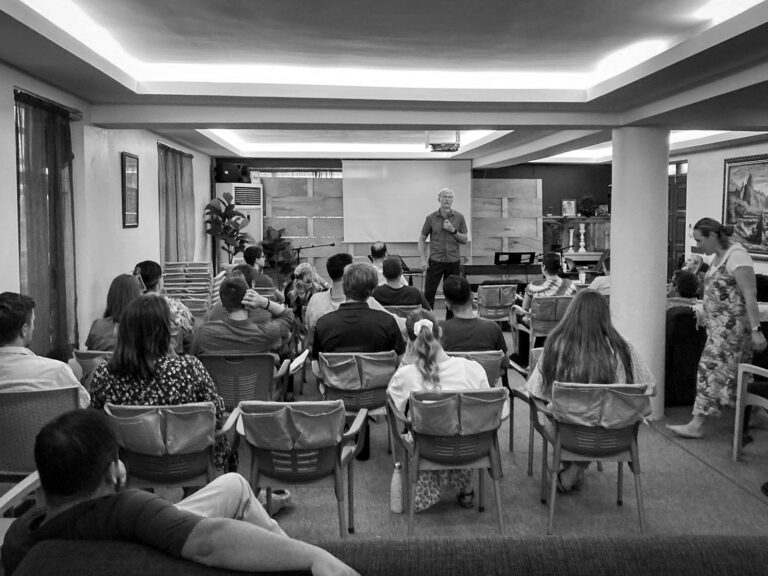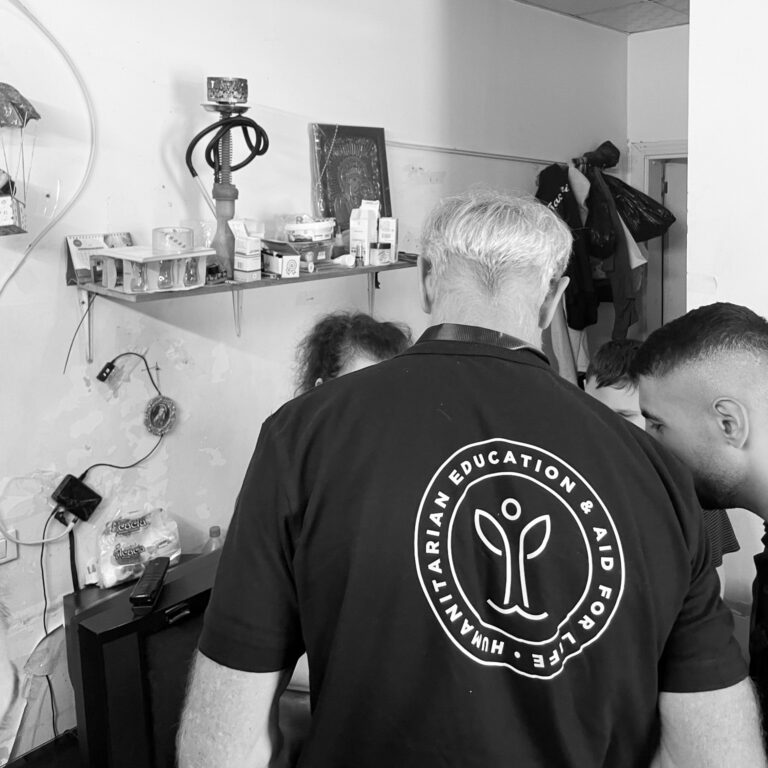On October 17, 2024, HEAL was honored to be invited by Ms. Naz Saleem of the KRG Joint Crisis Coordination Center (JCC) and the Directorate for Combating Violence Against Women and the Family (DCVAW) to an impactful networking and resource-sharing meeting in Erbil. The event brought together representatives from major humanitarian organizations like the United Nations and the International Committee of the Red Cross (ICRC), alongside local groups such as the Barzani Charitable Foundation, Free to Run, and HEAL. Led by HEAL Director Peter Staker and Office Coordinator Grace James, a registered nurse, our team joined this vital conversation to address domestic abuse and strengthen collaboration in the Kurdistan Region.
Breaking Down Silos in Humanitarian Work
The event coordinators underscored a critical issue: siloed humanitarian efforts in the KRG often hinder progress on women’s and family rights, particularly in combating domestic violence. With over 15,000 complaints reported to the DCVAW in 2022 and ongoing challenges like femicide and underreporting, the need for unified action is urgent. The coordinators argued that by sharing resources and cross-pollinating expertise, organizations could amplify their impact, reduce redundancy, and better serve survivors. This collaborative approach resonated deeply with HEAL’s mission to support holistic health and well-being in the Kurdistan Region.
The DCVAW’s Vital Role and Initiatives
Led by Director General Fenk Shafeeq, the DCVAW is the KRG’s frontline institution tackling gender-based violence, operating under the 2011 Combating Domestic Violence Law. The directorate shared its innovative initiatives and successes, illustrating their impact through compelling case studies. Two standout programs include:
- 24/7 Call Center: Accessible via WhatsApp across the KRG, this free service allows women and children to report abuse confidentially. In 2022, the 119 hotline handled over 10,000 calls, primarily from those under 18, offering legal and psychological support.
- Media Outreach: The DCVAW’s modern recording studio produces radio programs and podcasts to promote healthy family dynamics and challenge the normalization of domestic abuse, reaching communities region-wide.
These efforts have contributed to a 5.7% reduction in violence rates in Erbil, though challenges like judicial leniency and underfunded shelters persist. The DCVAW’s commitment to awareness and survivor support inspired attendees, highlighting the power of coordinated action.
A Collaborative Path Forward
The meeting concluded with coffee, snacks, and a tour of the DCVAW facility, fostering informal connections among attendees. For HEAL, the event was an opportunity to learn from local initiatives and explore how humanitarian efforts could address domestic violence. While HEAL’s current initiatives do not directly focus on this area, our organization, with its extensive network of career professionals and volunteers across diverse fields, is eager to identify opportunities for partnership. We would hope to engage with local efforts, such as those led by the DCVAW, to contribute meaningfully to combating domestic abuse in the KRG.
This gathering marked a step toward a more connected humanitarian network in the KRG, with the DCVAW leading the charge. HEAL is grateful to Ms. Naz Saleem, the JCC, and the DCVAW for facilitating this dialogue. To learn more about our work, please feel free to contact HEAL.
